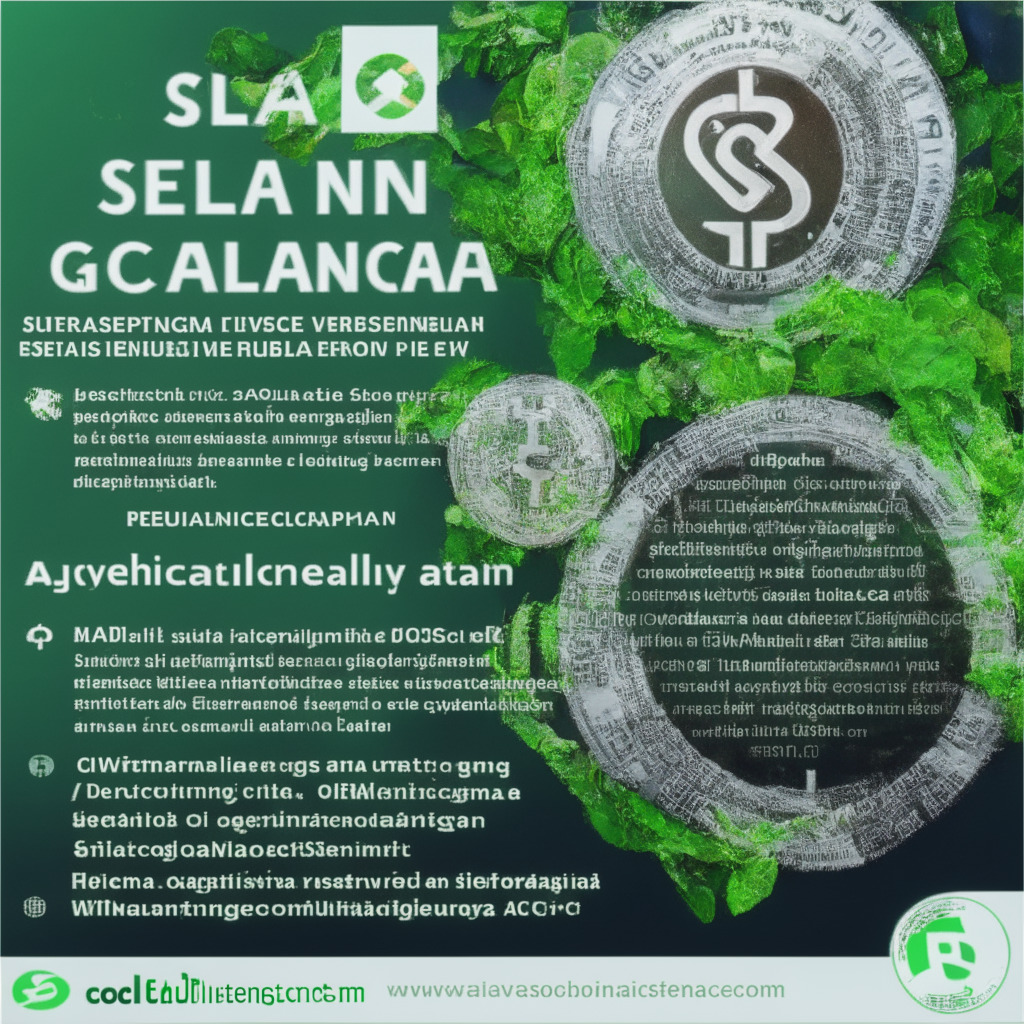Payments provider Cuscal, in partnership with Zepto, has introduced new banking restrictions on cryptocurrency exchanges in Australia, sparking criticism from Blockchain Australia, the country’s industry body. Last month, Cuscal ceased providing payment services to Binance Australia, resulting in the exchange no longer being able to facilitate Australian Dollar bank transfers using PayID.
Australia’s blockchain industry has voiced its disapproval of recent restrictions imposed by local banks on crypto payments and has invited platforms like Cuscal and government stakeholders to discuss the matter at a roundtable on June 27. CoinDesk has obtained a document titled “Zepto Compliance Survey for Digital Currency Exchanges (DCE)” outlining the specific restrictions.
The document states that Cuscal has updated its Merchant guidelines, which contain additional requirements for all digital currency exchanges supported by the payments provider. Exchanges must comply with these new standards or risk losing support from both Zepto and Cuscal.
Some key requirements include a 24-hour hold on first-time inbound payments of any size, real-time verification of user identity, and undisclosed transaction limits on cryptocurrency exchange payments. Blockchain Australia’s statement observes that these new requirements seem to target only digital currency exchanges specifically.
While Blockchain Australia supports efforts to enhance and promote secure digital transactions, they note that users should still have the freedom to decide how to use their money and assets without undue restrictions. The number of Australian exchanges Cuscal and Zepto provide payment services to is unclear, as this data is not public. However, Australia currently has around 400 registered crypto exchanges for anti-money-laundering and counter-terrorism financing obligations.
Michael Bacina, Blockchain Australia Chair and Digital Assets Lawyer, warns that such restrictions could have a significant impact in Australia. He elaborates that during times of economic uncertainty, scams and fraud are expected to increase across the economy. While Australians expect businesses to combat these problems, they also value the ability to spend their money and utilize their assets as they choose, without excessive limitations.
Both Zepto and Cuscal have yet to respond to CoinDesk’s request for comment.
Source: Coindesk




